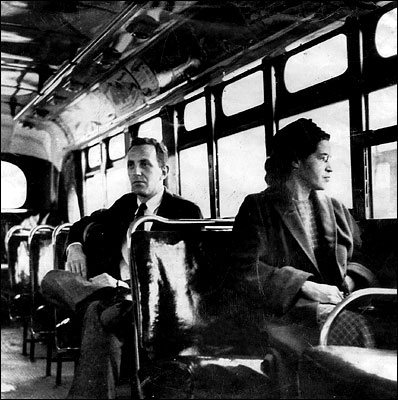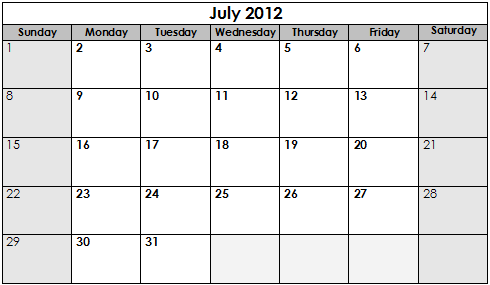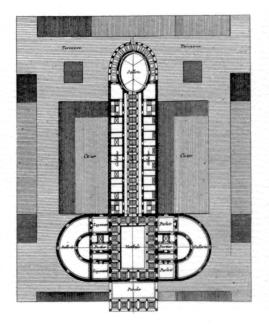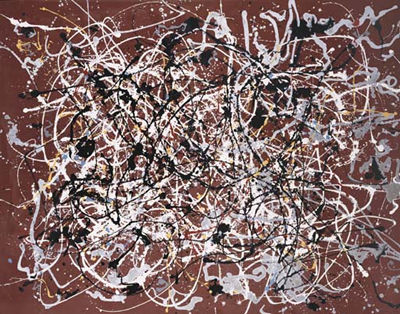The New York Yankees saw an unusual trade in 1972: Pitchers Mike Kekich and Fritz Peterson traded families. Kekich traded his wife, Susan, two children, and a Bedlington terrier for Marilyn Peterson, the two Peterson children, and a poodle. “We didn’t trade wives, we traded lives,” Kekich said.
“They were really close, and their families were close,” remembered Yankees catcher Jake Gibbs, who had played with both men. “I guess we just didn’t know how close. Of course, they were both left-handers. You can never tell about lefties.”
The storm of attention that accompanied the trade began to erode the players’ friendship — Yankees executive Dan Topping quipped, “We may have to call off Family Day this season” — and Kekich was traded to the Indians later that year.
Marilyn Peterson and Mike Kekich eventually ended their relationship, but Fritz Peterson married Susanne Kekich in 1974 and raised four children with her.
The two friends were never close again. “All four of us had agreed in the beginning that if anyone wasn’t happy, the thing would be called off,” Kekich said. “But when Marilyn and I decided to call it off, the other couple already had gone off with each other.”






